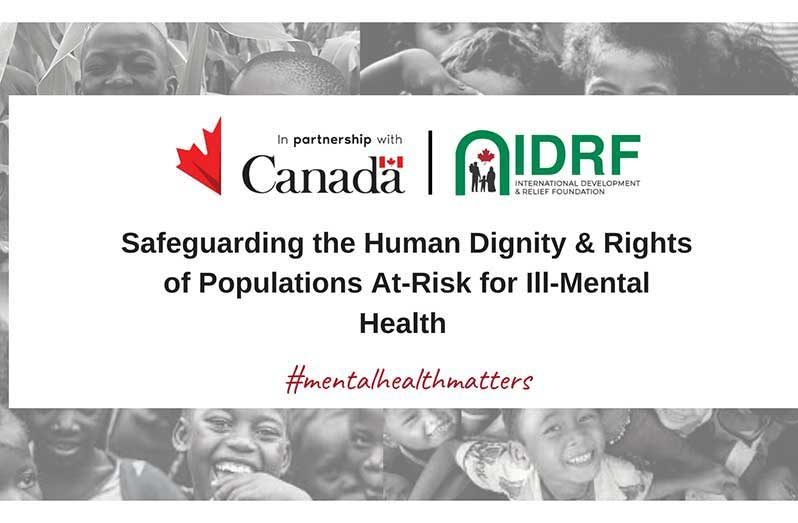THE International Development and Relief Foundation (IDRF), in collaboration with the Ministry of Education (MOE), is set to host a teacher training on mental health and well-being under the Safeguarding the Human Dignity and Rights of Populations At-Risk (SPAR) Project, funded by Global Affairs Canada (GAC).
According to a press release from the IDRF, the training will be facilitated by Richard Khan, Psy.D., Associate Director/Director of Training at Pace University in New York and will be held on January 22 and January 23, 2025, bringing together 60 teachers from Regions One, Two, Four, Eight, Nine, and Ten to address the critical need for mental health awareness and support in schools.
This initiative is part of the Safeguarding the Human Dignity and Rights of Populations At-Risk (SPAR) Project, funded by Global Affairs Canada (GAC).
Last year, the Ministry of Education (MOE) and the Ministry of Health (MOH) initiated a mental health training programme for teachers in selected regions.
Building on this foundational work, IDRF, with support from Global Affairs Canada (GAC), is expanding this initiative to reach teachers in the remaining six regions.
This collaborative effort underscores the commitment of MOE, MOH, IDRF, and GAC to enhance mental health literacy and resources in schools nationwide.
A unique aspect of this training is the opportunity for teachers from various regions to travel to Georgetown for a centralised session. This not only fosters a sense of unity, but also provides participants with access to a broader network of resources and expertise that they might not have in their home regions.
The training, facilitated by Dr. Khan, will equip teachers with tools and strategies to support students facing mental health challenges.
“The programme will emphasise fostering safe and inclusive classroom environments, identifying early warning signs of mental health issues by age groups, and promoting empathy and open communication within schools,” the IDRF said.
Participants will engage in activities specifically designed to address Guyana’s unique challenges, such as disparities in mental health resources across regions, societal stigma, and the impact of socioeconomic factors.
Additionally, teachers will explore self-care practices to maintain their own wellbeing while supporting their students.


.jpg)











